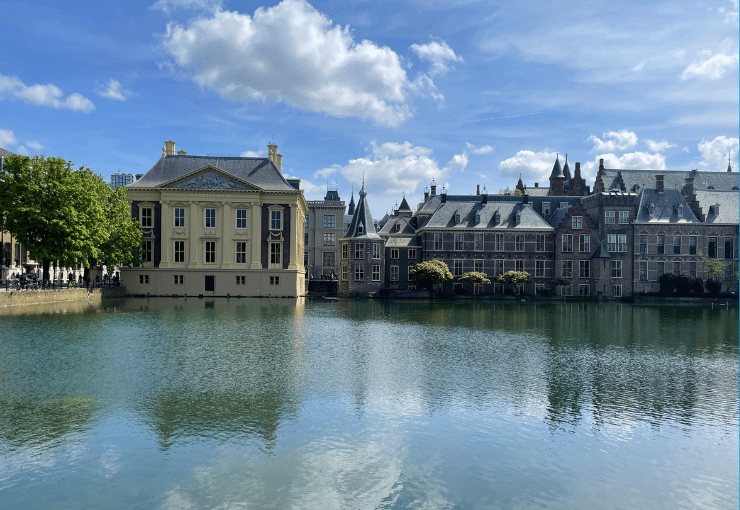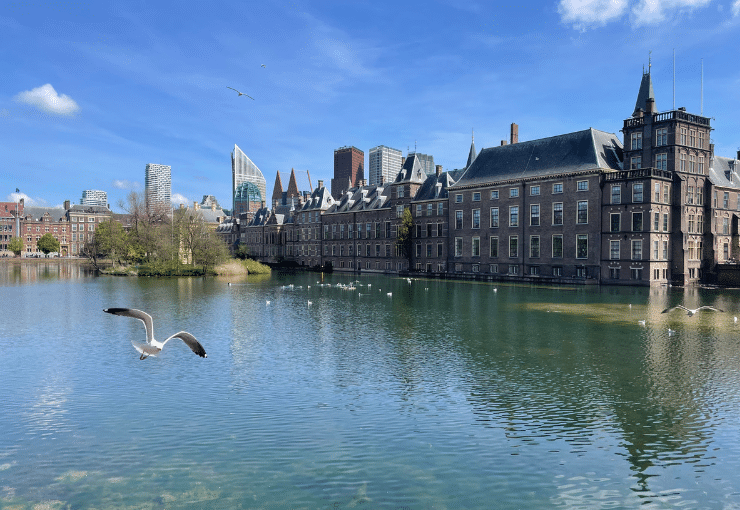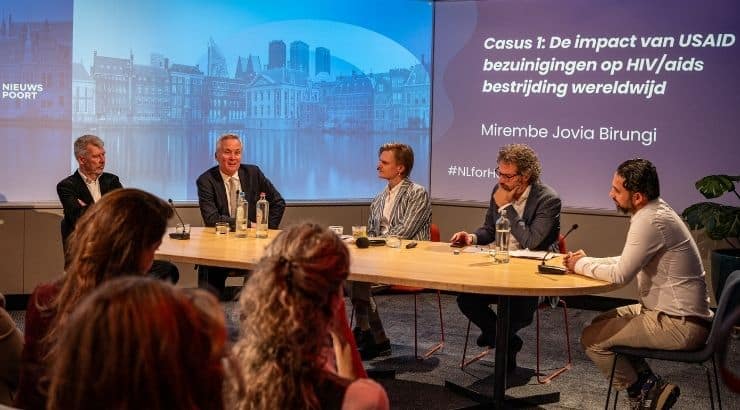A new series of global health debates – Global Health Cafes – will kick off on Monday November 20th at the Royal Tropical Institute (KIT). The series is a joint collaboration between Vice Versa, Wemos and other civil society organizations, and will be facilitated by Petra Stienen, who will be joined by national and international experts on human resources for health.
In many low-income countries, there is a lack of good quality and qualified health personnel available in health centres. Because investment in jobs and health education is low, physicians and nurses who have just graduated prefer to look elsewhere to start their career, such as in high-income countries or wealthier neighbouring countries. For years Wemos has been advocating the ethical recruitment of health workers.
At the World Health Assembly of the WHO in May, an action plan was adopted to tackle the imbalance in the distribution of the global health workforce, which the Netherlands and other donors approved. Meanwhile, low-income countries cannot permit inaction and deny their population access to quality health care, which is why many successful methods have been developed to provide the best quality health care as possible with the available health personnel.
The first Global Health Cafe will focus on questions like:
- What can we learn from these local initiatives, and how can we make them sustainable?
- What is the role and responsibility of local and Western governments?
- What is the role of public-private-societal partnerships in the health sector and health systems?
- How can we ensure that the role of community health workers becomes sustainable, and how can these workers help provide access to health care for the poor?
The debate will take place from 15.00-17.00 at the Royal Tropical Institute (KIT) in Amsterdam.
About Global Health Cafes
The Netherlands is one of the most progressive donors when it comes to sexual and reproductive health and rights (SRHR). Yet, the terrain of global health – overall – is not a priority in Dutch development policy anymore, even though The Netherlands certainly possesses much expertise and knowledge in this area. The Sustainable Development Goals (SDGs) also stress the need for a more systemic approach to global health. Access to adequate, affordable health care is seen as a prerequisite to sustainable development. But the widening gap between rich and poor entails an increase in the number of people who do not have access to health care services: at least 400 million people worldwide do not have access to one or more essential health care services.
The organizations Amref Flying Doctors, Cordaid, Royal Tropic Institute, KNCV Tuberculosis Foundation, Wemos, and Vice Versa have joined forces for the project ‘Global health: towards a transnational approach’. Over the course of the upcoming year, we will organize four global health cafes to discuss trends in global health. Each global health cafe will provide an in-depth focus on one global health issue, with engaging guests, both Dutch and international. Moreover, Vice Versa will publish a report on its website. Vice Versa publishes articles, background information and the latest news on global health policy on an annual basis, and also provides online space for blogs from professionals and students.




